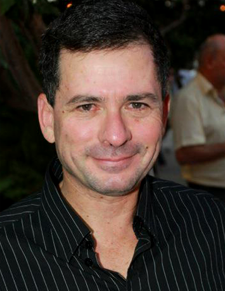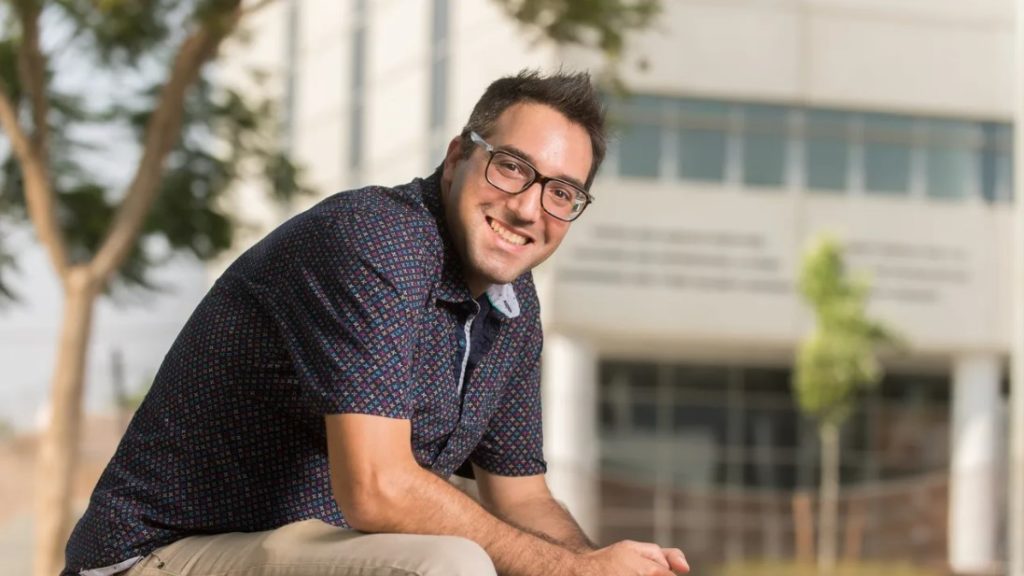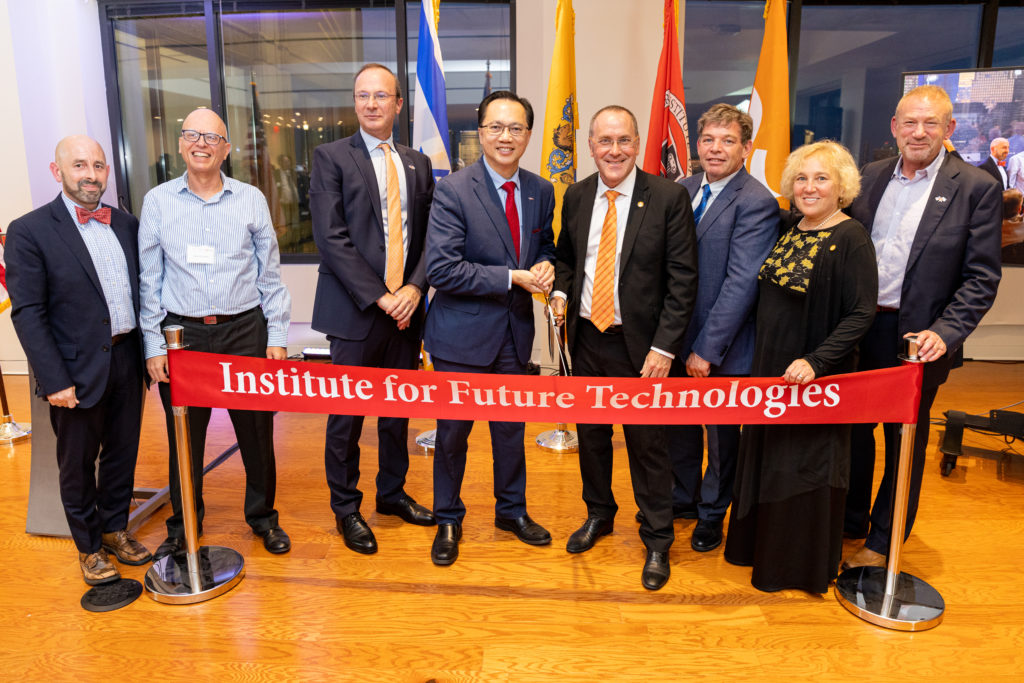
Total Protection for Online Pictures and Videos
Total Protection for Online Pictures and Videos
March 13, 2017
Homeland & Cyber Security, Press Releases
A Ben-Gurion University of the Negev (BGU) researcher has developed a new technique that could provide virtually 100 percent protection against cyberattacks launched through internet videos or images, which are a growing threat.
“Any downloaded or streamed video or picture is a potential vehicle for a cyberattack,” says Professor Ofer Hadar, chair of BGU’s Department of Communication Systems Engineering. “Hackers like videos and pictures because they bypass the regular data transfer systems of highly secure systems, and there is significant space in which to implant malicious code.”
Cyber security has become a high-profile issue, made even more so by recent WikiLeaks allegations against the Central Intelligence Agency, accusing them of bypassing security encryption on a variety of smart devices.
Yet, attacks on internet video and pictures are a broader, lesser-known threat. Internet video will comprise 82 percent of all global consumer internet traffic by 2020, according to the 2016 Cisco Visual Networking Index research report. As a result, downloaded and shared videos and images are a growing target for cyberattackers.
To counter this emerging threat, Prof. Hadar developed a series of algorithms that can completely prevent attackers from being able to infiltrate and extract information through videos or pictures.
His techniques combat steganography, a process that involves hiding a message in an appropriate carrier, such as an image file. Utilizing steganography, the carrier can be sent to a receiver without anyone else knowing that it contains a hidden message.
“We are dealing nowadays with the use of steganography to insert malicious codes within videos and photos to attack the viewer,” explains Prof. Hadar. “We have developed algorithms to find a solution to that problem in the ‘compressed domain.’ The idea is to manipulate the file’s ‘payload’ to remove the malicious code without damaging the data quality.”
Prof. Hadar’s approach, which he has dubbed The Coucou Project, addresses two potential attack scenarios. Both scenarios assume that basic malware has been planted on the victim’s servers/hosts by means of social engineering, such as phishing scams or other means of exploiting data vulnerability. From there, the malware gathers classified information from the victim’s data center.
In the first scenario, once the user uploads an image or a video to a social network, the malware embeds the classified information into the uploaded content (making it accessible to the attacker). In the second scenario, the attacker uploads infected content to a social network or any other shared server where the malware can extract the malicious code and execute it.
“Preliminary experimental results show that a method based on a combination of Coucou Project techniques results in virtually 100 percent protection against cyberattacks,” says Prof. Hadar. “We envision that firewall and antivirus companies will be able to utilize Coucou protection applications and techniques in their products.”
The Coucou Project receives funding from the BGU Cyber Security Research Center and the BaseCamp Innovation Center at the Advanced Technologies Park adjacent to BGU, which is interested in developing the protective platform into a commercial enterprise.
ABOUT AMERICANS FOR BEN-GURION UNIVERSITY
By supporting a world-class academic institution that not only nurtures the Negev, but also shares its expertise locally and globally, Americans for Ben-Gurion University engages a community of Americans who are committed to improving the world. David Ben-Gurion envisioned that Israel’s future would be forged in the Negev. The cutting-edge research carried out at Ben-Gurion University drives that vision by sustaining a desert Silicon Valley, with the “Stanford of the Negev” at its center. The Americans for Ben-Gurion University movement supports a 21st century unifying vision for Israel by rallying around BGU’s remarkable work and role as an apolitical beacon of light in the Negev desert.
About Ben-Gurion University of the Negev
Ben-Gurion University of the Negev embraces the endless potential we have as individuals and as a commonality to adapt and to thrive in changing environments. Inspired by our location in the desert, we aim to discover, to create, and to develop solutions to dynamic challenges, to pose questions that have yet to be asked, and to push beyond the boundaries of the commonly accepted and possible.
We are proud to be a central force for inclusion, diversity and innovation in Israel, and we strive to extend the Negev’s potential and our entrepreneurial spirit throughout the world. For example, the multi-disciplinary School for Sustainability and Climate Change at BGU leverages over 50 years of expertise on living and thriving in the desert into scalable solutions for people everywhere.
BGU at a glance:
20,000 students | 800 senior faculty | 3 campuses | 6 faculties: humanities & social sciences, health sciences, engineering sciences, natural sciences, business & management, and desert research.
For all press inquiries, please contact:
James Fattal, J Cubed Communications
516.289.1496




